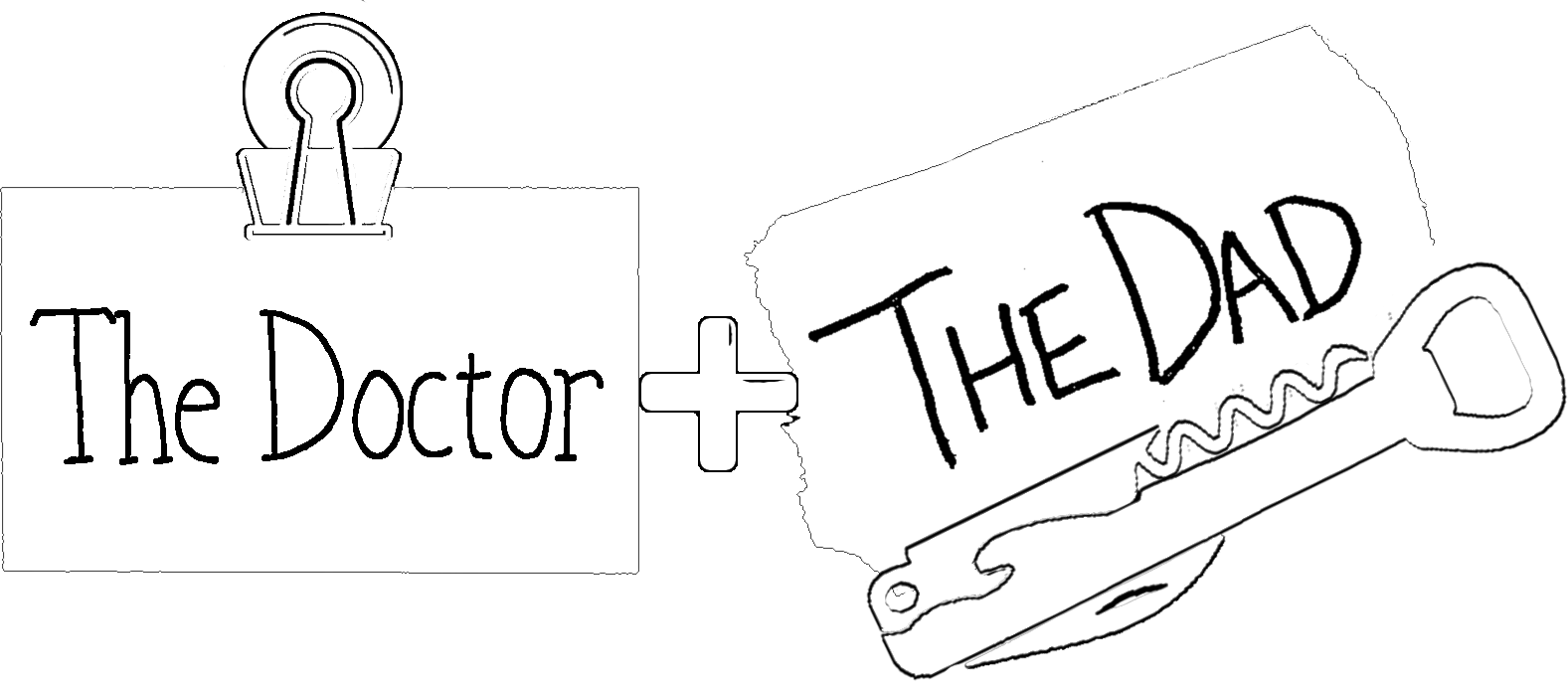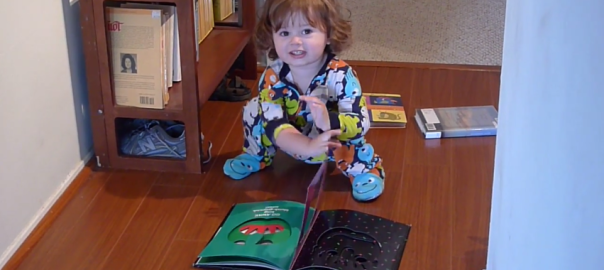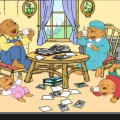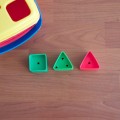Marla asked the Doctor and the Dad the following question, and fortunately, we could understand every word of it:
Why does my 14-month-old sound like he speaks a different language? What is he saying? How can I know? Should I repeat the sounds back? Or just keep talking to him normally? Or both?
– Marla
Well Marla, the easiest explanation could be that your child does, in fact, speak another language. Retrace your steps – did you recently adopt him from another country? Do the people in that country tend to speak a foreign language? If so, PROBLEM SOLVED.
Assuming that’s not the case, however, please know that what you are experiencing right now is totally normal. Your baby’s mysterious dialect is actually an important stepping-stone to learning to speak – in English! At about a year old, when kids are really working on learning to speak, they sometimes produce “jargon,” which is similar to babbling (consonant-vowel combinations), but spoken with the type of inflection that they hear adults use in conversation.
It might sound something like this:
Even though these kids haven’t mastered the art of saying words yet, they can “blah-blah-blah-BLAH-blah, blah-BLAH-BLAH-blah-blah” a pretend conversation with the best of them. Some kids produce very little jargon, maybe isolated to the occasional mimicked conversation on a toy cell phone. And other kids do it A LOT. When our adorable nephew was learning to talk, he would speak his secret jargon language all day long.
So what should you do if your kid is a jargon baby? Well first, you probably want to get him on America’s Got Talent as a Mickey O’Neil impersonator right away. Even if he doesn’t win the prize money, he’ll still always be able to tell the story about the time he fist-bumped Howie Mandel in Vegas. And that’s priceless.
But after you do that, you should realize that the fact your kid is speaking in jargon shows you how social he is, and how much he really wants to communicate with you. So it’s important to acknowledge your child’s attempts to communicate as often as possible. Whenever he tries to tell you something – whether it’s with facial expressions, gestures, inflection-filled jargon, or actual words – treat his communication like a true turn in conversation and respond to it. Even if you have no idea what your kid’s trying to say, just pretend like you do and keep the conversation going. “Oh really? You think dogs should be required to wear pants in public? I like your thinking, but I’m not sure who’s going to enforce that during the government shutdown, you know?”
Kids whose attempts at communication are acknowledged more often learn language more quickly. That’s because your replies help him in several ways:
- Your responses are really satisfying for your baby. Your baby loves it when you talk to him, so when his attempts at communication get you to do it, it’s a huge reward. This will encourage him to keep practicing, which will soon pay off in actual words.
- The more you respond, the more language your baby hears. The amount of language that a child hears is very important for determining his rate of language development. The more language a baby hears, the more quickly he will learn.
- Responding in regular, adult-like sentences lets your baby hear a large variety of words. In addition to hearing lots of language in general, it’s important that kids hear a lot of different words. Parents with larger vocabularies tend to have kids with larger vocabularies, because they use all of those varied words they know with their kids. So skip the “Goo goo, ga ga” act – it’s not doing your kid any favors, and it’s super annoying to any adults who are in earshot.
Sound like a good deal?
…Or no deal?
(No, seriously. It’s a good deal. You should really just take the deal.)






One reply on “Ask D+D: Why does my kid sound like he speaks a different language?”
[…] at her. And once our niece had her mother’s attention, she did not let it go – unleashing her secret baby jargon language, and despite the fact that she wasn’t saying any actual words, managing to use her silly cuteness […]